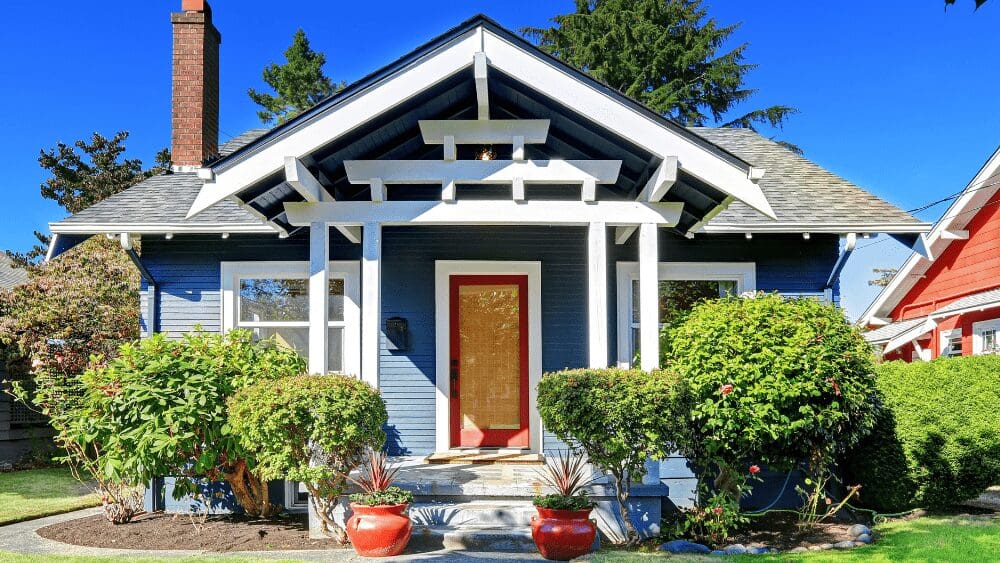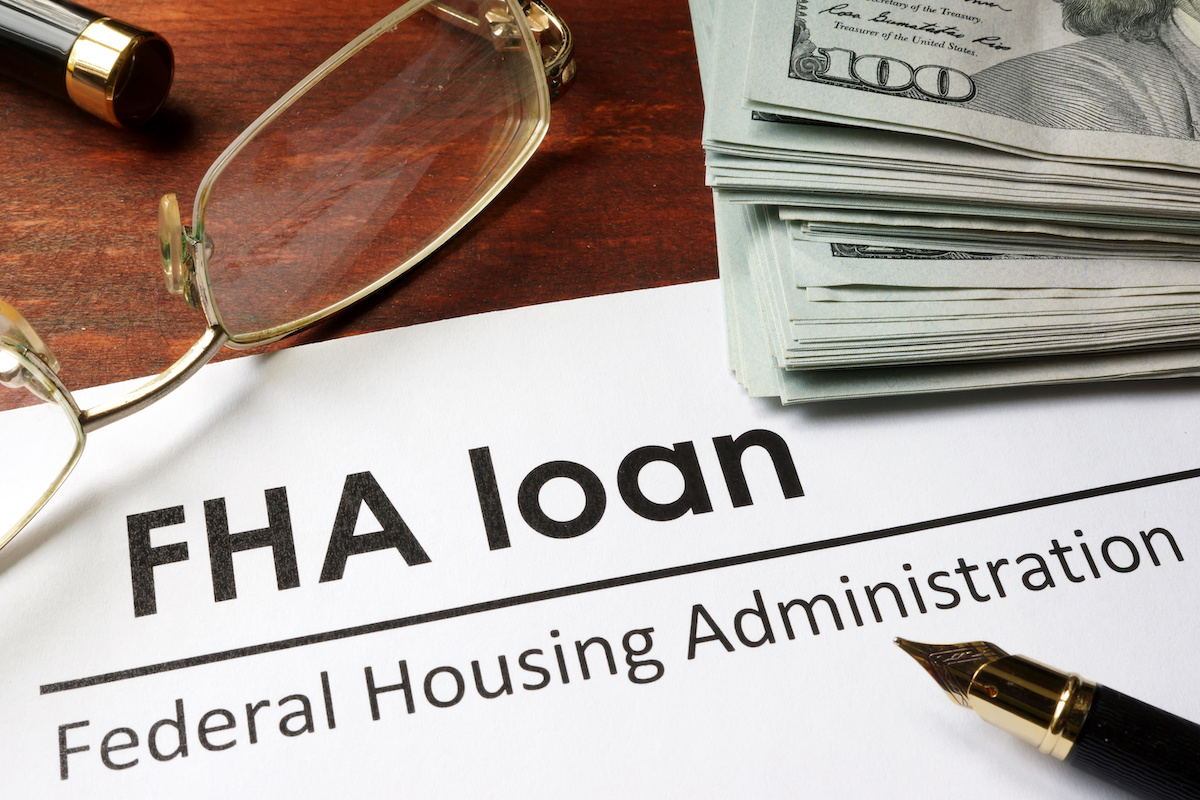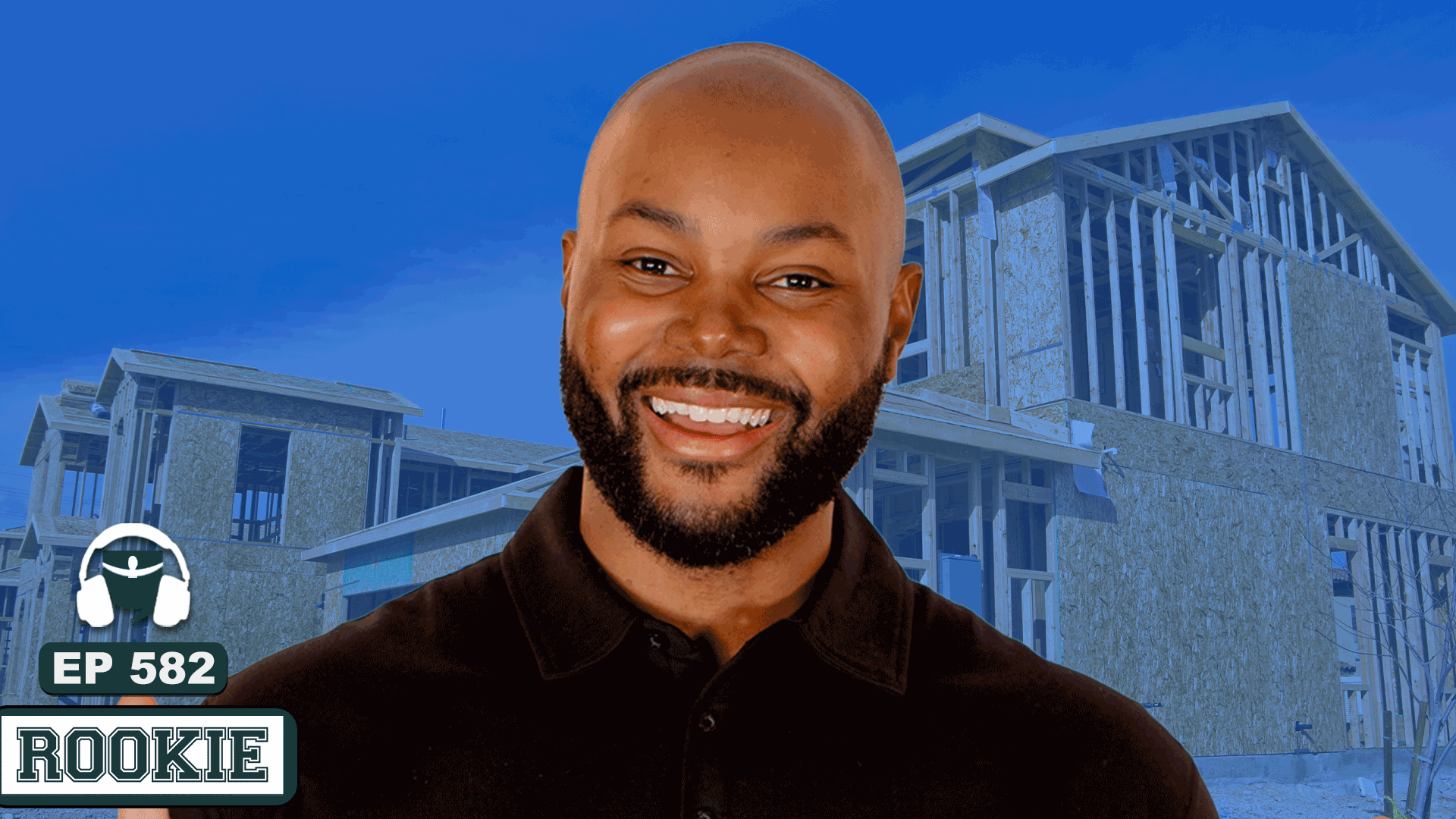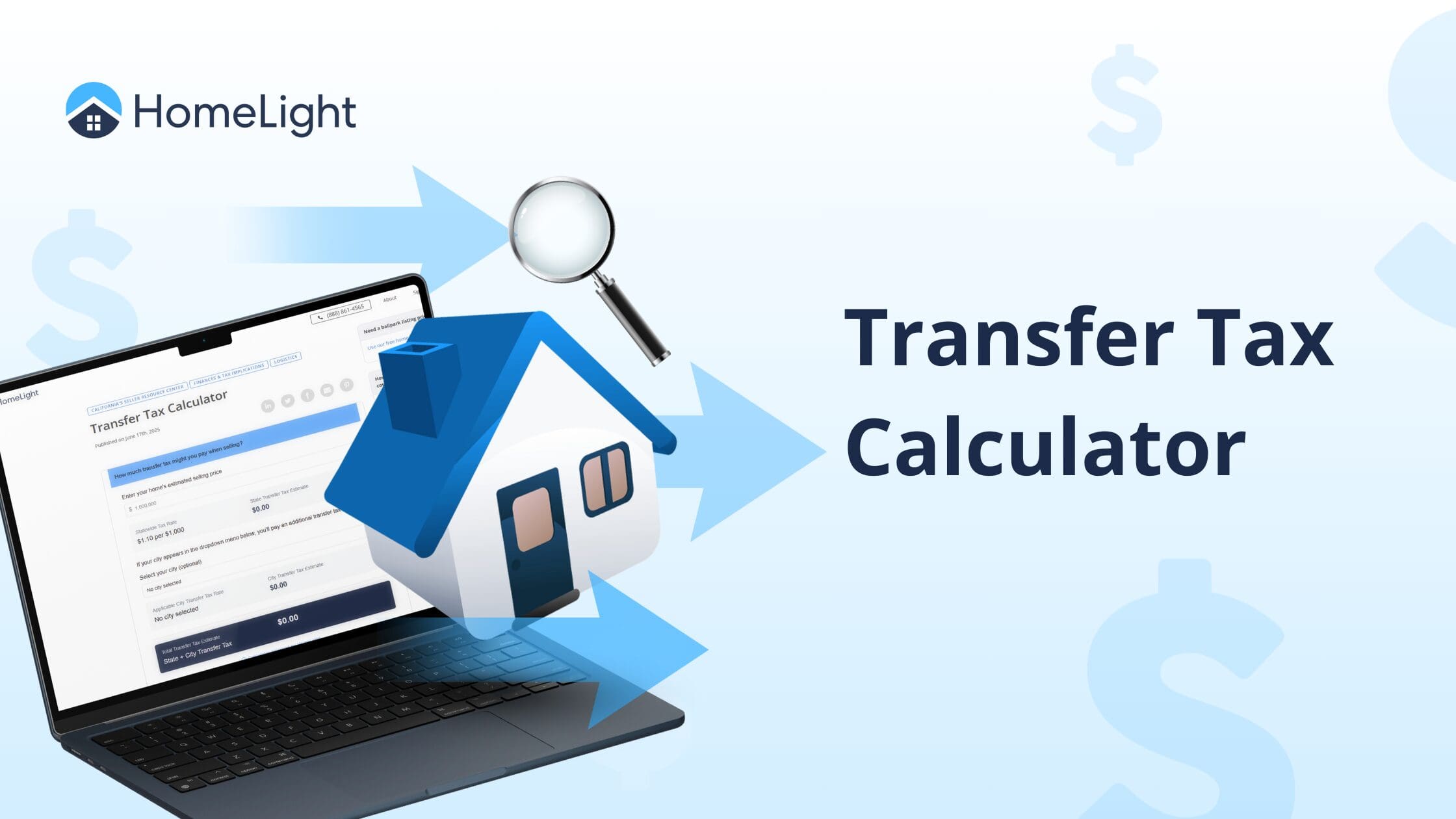Canadian real estate is the most affordable it’s been in three years—but that isn’t saying much. RBC data shows ownership costs have eased, though it forecasts improvements stalling soon and affordability worsening next year. Even with affordability at its best, it would only be a slight improvement over the peak of the 1990s real estate bubble—the last one to fully burst.
RBC’s Housing Affordability Index
Today we’re looking at RBC’s housing affordability index, which uses the share of income a median household needs to carry ownership costs for a benchmark (typical) home. Ownership costs are the monthly mortgage payments to carry a conventional mortgage on a benchmark (typical) home, along with property taxes and utilities. Generally speaking, a region is affordable when a median household needs to spend less than one-third of its income on ownership costs.
It’s a common way to determine affordability, with the Bank of Canada (BoC) and CMHC using similar methodologies. It notably fails to account for other issues, such as the size of the downpayment.
Canadian Real Estate Is The Most Affordable In 3 Years—A Slight Improvement From The 90s Bubble Peak
RBC Housing Affordability Index: The share of income a median household needs to dedicate to monthly ownership costs for a benchmark (typical) home across Canada.
Source: RBC.
Canadian housing affordability improved for a fifth consecutive quarter. A median household would dedicate 55.1% of their income to ownership costs in Q1 2025. That’s over 5 percentage points below last year (60.7%), and the all-time record high reached in Q4 2023 (63.5%). This is the most affordable ownership costs have been in the past 3 years.
Before celebrating, the affordability progress isn’t all that impressive. Since peaking in 2023, the 8.4 point correction only rolls back a third of the erosion that occurred as part of the low rate housing surge. At the same time, this decline brings the share just a point below the peak of the early-90s real estate bubble.
Canadian Real Estate Affordability Not Expected To Improve Much
Falling home prices are only responsible for part of the affordability improvement. Interest rate cuts and rising incomes further helped to push the share of income needed lower. These factors are expected to continue improving affordability in the near-term. The bank expects affordability to bottom by the end of this year (at 52%), before rising slightly in 2026.
“Any further progress gets trickier once interest rates stabilize, then it rests entirely on the evolution of home prices and household income… Price drops or strong income gains would be required to further drive significant improvement,” explains Robert Hogue, assistant chief economist at RBC.
“However, we expect generally stable prices in Canada over the next two years—with some local exceptions—and modest wage growth amid persistent labour market slack,” he adds.
Canadian housing affordability made mild improvements and isn’t expected to make much more progress. Apparently, this housing correction doesn’t correct; it just ends. Either a whole generation will be locked out of housing, or we’re underestimating the headwinds that may emerge.




















 English (US) ·
English (US) ·